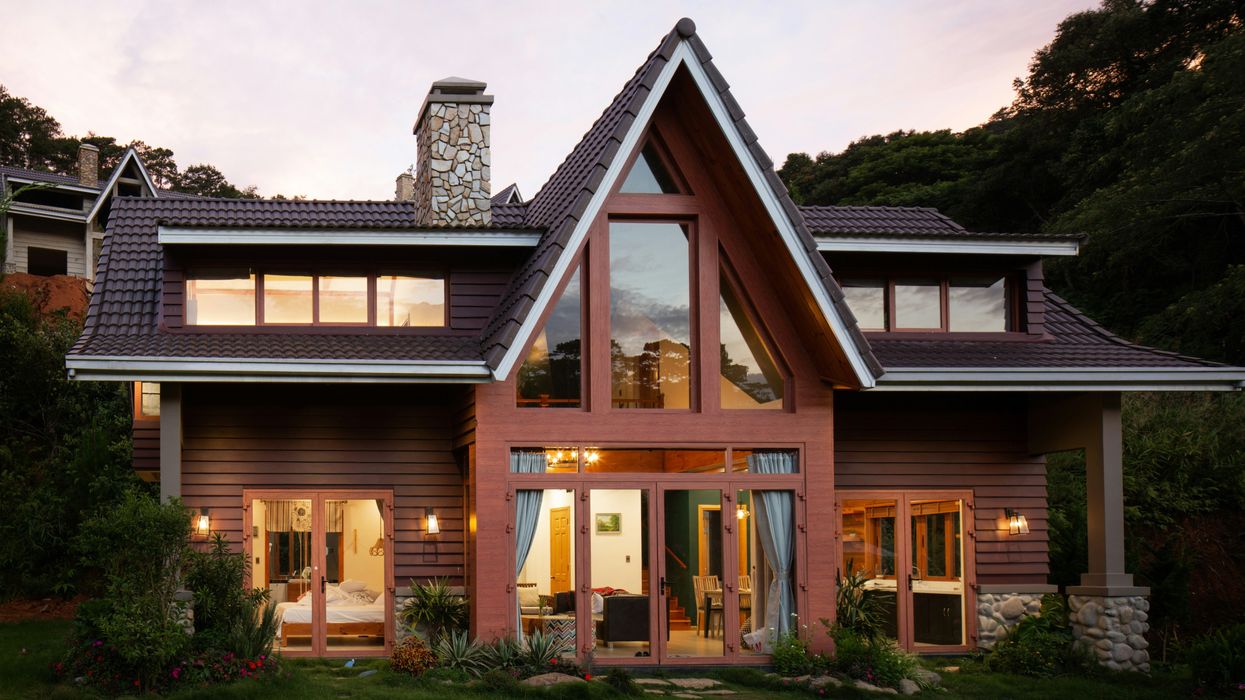Second only to buying a home, the quintessential Canadian dream is to own a cottage or vacation property to escape to on long weekends or to make the most of fleeting northern summers. But according to Royal LePage's 2025 Spring Recreational Property Report, the price tag for this prospect could be going up as prices are expected to continue rising this spring with demand outstripping supply.
In 2024, recreational property prices increased 2.3% on average across Canada to $627,700 — a number that is expected to rise to $652,808 by the end of 2025, representing a 4% increase in the cost of a recreational property. The most marked growth is expected in Atlantic Canada, where Royal LePage forecasts an 8% price jump in 2025 to to $498,852, after rising by 12.6% in 2024. One popular recreational market in this region was Cape Breton, Nova Scotia, which saw a 26.3% price increase in 2024.
“Demand for recreational properties among Canadians, and the lifestyle they offer, remains strong but balanced." said Phil Soper, President and CEO of Royal LePage in the report. "While the mainstream market is more sensitive to economic shifts, demand in the recreational segment remains steadfast, even during periods of market hesitation. Many families share the deep-rooted desire to own a recreational home, and that is unlikely to change.”
Tariffs Stymie Demand In Short Term
The expected increase comes despite quelled demand due to geopolitical uncertainties, such as the federal election or a certain trade war driving up risk for Canadian homebuyers in all segments of the market. Though as Soper points out, "Buyers in this space often have the disposable income or savings to move ahead with major purchases, making them less reactive to broader financial shifts."
Still, Royal LePage agents in some markets are seeing less demand than last year, with 55% reporting that average days on market has increased compared to last year as some buyers take on a "wait-and-see approach" amid political and economic uncertainty.
Even so, prices are expected to increase across the board in 2025 as supply remains limited, though Soper says this spring will pale in comparison to previous years, representing a more sustainable growth in price than we've seen in recent times.
“After three years of double-digit price growth during and after the pandemic, recreational property values have settled slightly below peak for the 2025 season. [...] Now, more than five years on, the market is seeing a return to typical year-over-year price growth," said Soper. “Looking ahead, recreational property prices are expected to rise modestly, driven by ongoing supply shortages. New cottages and cabins aren't being built fast enough to meet buyer demand, which will continue to support long-term price growth.”
Lower Interest Rates vs. Rental Regulations
Other headwinds and tailwinds for 2025 come in the form of lower interest rates and short-term rental regulations. While the BoC lowered its overnight lending rate seven consecutive times since June 2024, freeing up capital for mortgage owners in the market for a second property, increasing short-term rental regulations across cottage countries has stymied demand, some realtors are saying.
According to Royal LePage, 31% of recreational property experts reported that there has been a decrease in the number of buyers who intend to use their recreational properties for rental purposes compared to last year. This is because many people purchase recreational properties with the intent to cover costs via renting.
In Ontario, the region where the most experts (36%) said demand had fallen amongst buyers looking rent out their properties, average prices fell by 1.5% for a single-family waterfront property and 5.7% for a condo property in 2024. Meanwhile, the recreational markets in the province are forecasted to see a modest 1% price growth in 2025.
“The Muskoka region has seen a gradual uptick in its inventory levels, which is good news for buyers who are looking for a specific type of recreational property and want more selection to choose from. However, neither increased supply levels nor lower interest rates have translated into a significant boost in demand just yet, leading to higher-than-usual days on market for this time of year,” said John O’Rourke, Broker at Royal LePage Lakes of Muskoka. “Strict short-term rental regulations continue to deter investors and those hoping to lease their properties during the off-season. As a result, most buyers in today’s market are end-users purchasing primarily for personal vacation use."
Other regions expected to see modest growth include BC with a 2% increase to $951,762 and Alberta with a 2% increase to $1,296,216. Following Atlantic Canada on the higher end of the price growth spectrum is Quebec, whose popular regions like Montcalm and La Jacques-Cartier are predicted to drive a 7.5% increase to $457,198 in 2025, while Manitoba and Saskatchewan will likely see a 4.5% increase to $310,052 — still the most affordable recreational market in the country.





















